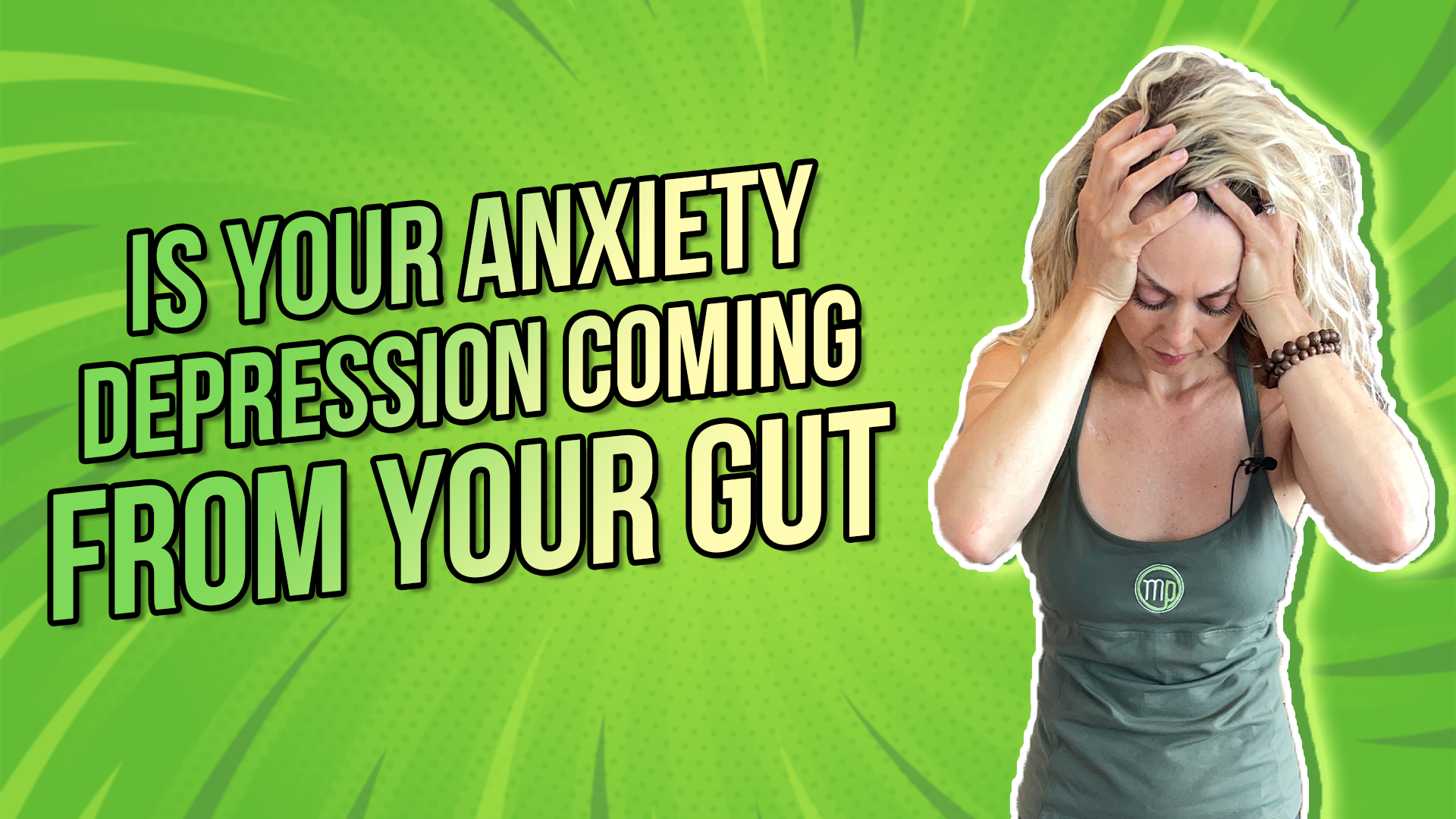Did you know that the brain and the gut develop from the same embryonic tissue which begins at the navel?
Navel massage is a foundation of many ancient practices and can be a great addition to your self-care practices as another way to regulate your nervous system.
Rather watch or listen?
The Sib Sen Thai Massage
In Thai massage, they refer to the navel practice as Sib Sen — Sib for 10 and Sen for path. Ultimately, there are 72,000 different trajectories that are starting from the navel and expanding outward.
The Lower Dantian
In Japanese practice, right below the navel is considered the lower Dantian, the area we refer to as life, chi, and energy. The lower Dantian is also believed to be the foundation of breathing, posture, and awareness and can even control our emotions. This is thought to be a key area of digestion and metabolism, too. However, on a spiritual level, it gives us the strength and ability to transform, vitality, change and evolve.
So how can you perform these different techniques?
- Assess your navel. This can tend towards being very sore at first.
- How restricted or elastic does it feel?
- Starting at the navel, pulling up towards the direction of your head. Pull down, side to side, and in a diagonal direction to see where the restrictions are.
- Once you’ve done that, then you can begin to perform a basic navel massage. To do that, you can place your hands on the umbilicus and traction the skin over the tissue.
If you are experiencing SIBO, gut issues, have anxiety or depression, or if you are trying to restore your gut-brain connection, give this a try! We love combining Eastern and Western medicine. The fascinating aspects of ancient culture are so valuable in today’s world.
We are happy to help, so please reach out. We do virtual and in-person consultations, so we’d love the opportunity to help you on your journey. If this was helpful, give it a share and make sure to subscribe to our YouTube channel, The Movement Paradigm, for weekly tips on mindset, nutrition, and movement.
Reach out for a 15-minute FREE discovery session to see how we can help you on your journey.


